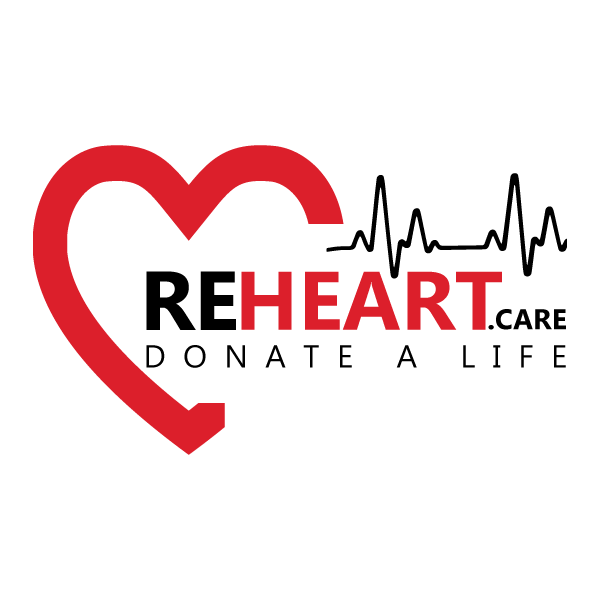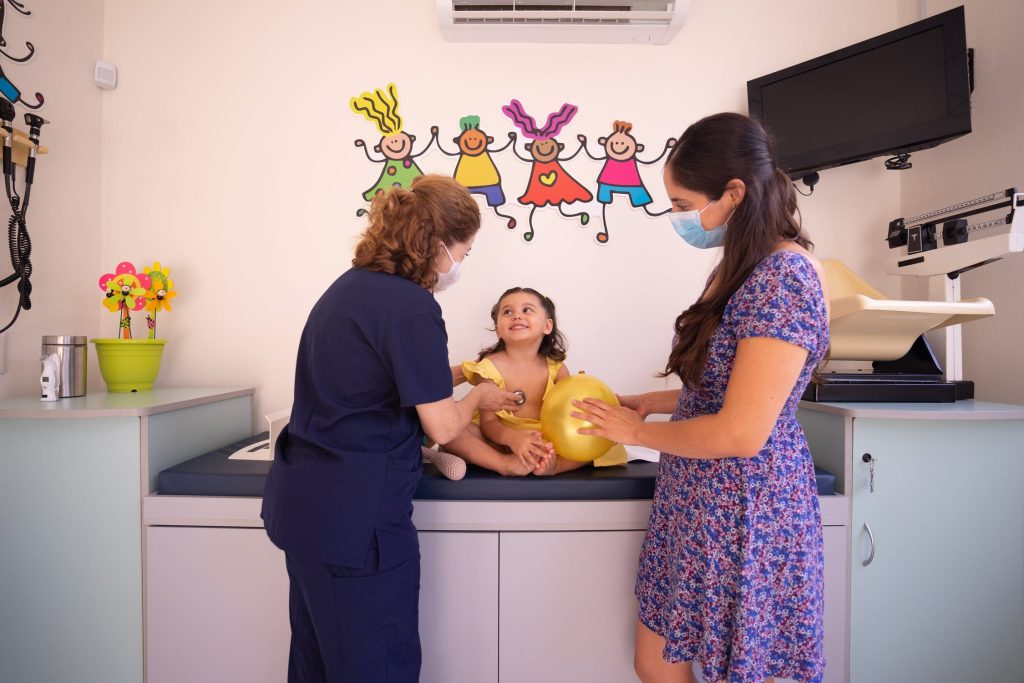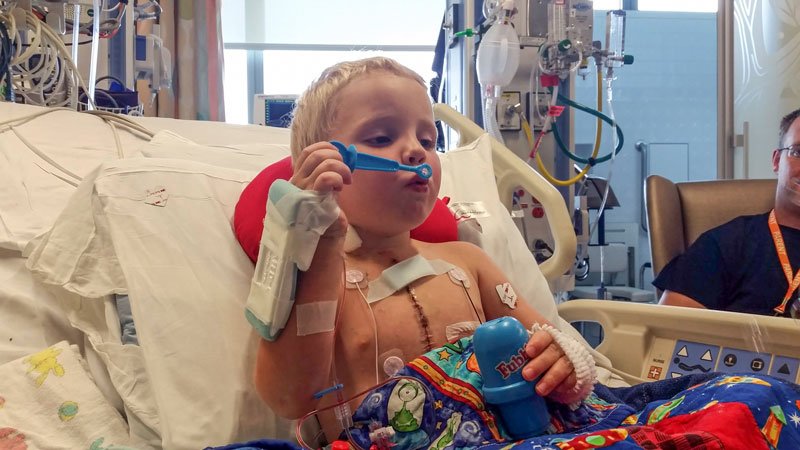Cardiac screening in newborns and older children – what parents need to consider

In recent years, in Romania cardiac screening in newborns has begun to gain more and more ground, including in-state maternity wards.
This is a very positive aspect, given that certain heart defects that are not detected during pregnancy can be detected immediately after birth, thus the baby being more closely monitored, so that it is possible to intervene as soon as possible if either surgery or interventional procedures, such as ablation procedures, are required in the case of arrhythmias.
I talked to Dr. Alina Oprescu, a pediatric cardiology specialist at Monza Hospital about what cardiac screening in newborns means. It involves “performing a cardiac ultrasound, which is a simple, non-irradiating, easily replicated medical investigation that can detect most possible heart malformations.”
Are there any signs that should lead us to a thorough cardiac examination in newborns?
Dr. Alina Oprescu: Ideally, cardiac screening should be performed in as many newborns as possible, but especially in those whom neonatologists suspect to have signs of any disease. The young child may have certain symptoms of a possible heart defect, namely: A louder, faster breathing, fatigue when fed. Also, some newborns may experience seizures or a particular coloration of the lips. Cardiac screening in maternity and immediately after birth is very important, as it can detect most shunt injuries, including serious malformations, that need to be operated on within the first month of life.
What can you tell us about heart screening in older children?
Dr. Alina Oprescu: Given that there are not so many centers and so many specialists in pediatric cardiology, cardiac screening in older children should be performed rather in certain categories: first of all in children who practice performance sports because it is well known that there are heart diseases that can affect the ability to exercise or even have a contraindication to exercise. As for the rest of the pediatric population, screening should rather target patients with some symptoms: Children who lose consciousness (faint) under stress conditions, children who have difficulty supporting the prolonged effort, children who have dyspnoea (heavy breathing) or chest pain at small efforts, children who experience palpitations when they are quiet, without any activity. Also, children’s inability to gain weight may be a sign that there is a cardiac shunt injury that does not allow them to grow properly. But not all chest pain necessarily means heart pain. Most of the time, chest punctures in children are related to musculoskeletal pain, cramps, and non-specific chest pains, which succumb to a simple anti-inflammatory.
What recommendations do you have for parents in this context?
Dr. Alina Oprescu: The most important aspect is awareness, that is, to be considered all the possible signs listed above that indicate cardiac screening. It should also be borne in mind that certain diseases, such as neuro-muscular diseases, plurimalformative syndromes, can give heart damage (the heart is also a muscle). If the child has other genetic disorders (genetic syndromes), it would be good to carry out a routine cardiological evaluation, because in such pathologies there may be heart damage.


